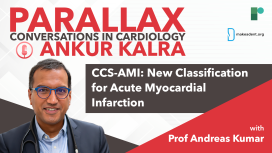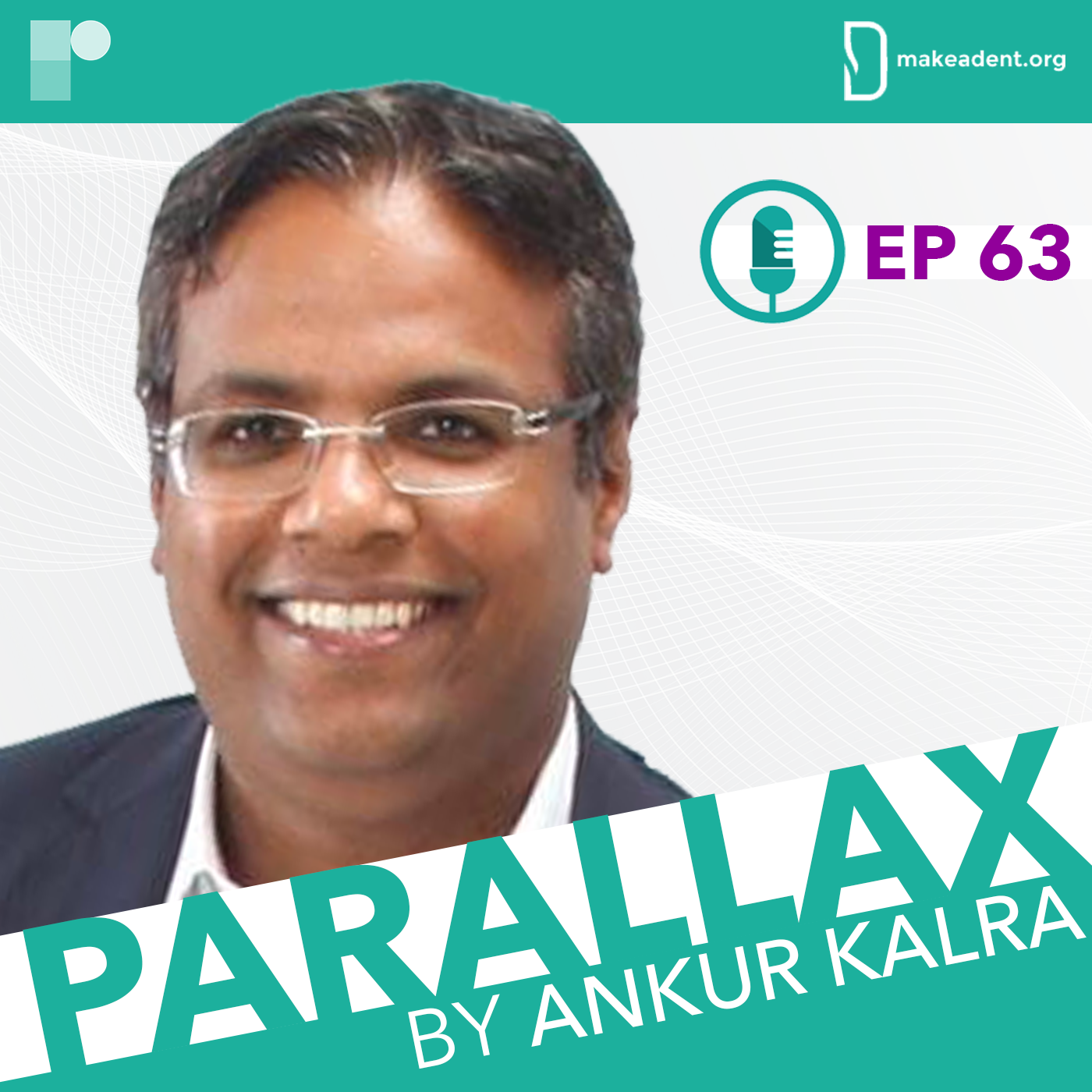
In 2005, the concept of hemorrhagic MI was a preformed idea. In 2022, after years of collaboration, technical advances and research, the findings on large MI size have the potential to fundamentally improve the care of patients suffering from heart attacks.
In this week’s Parallax podcast, Dr Ankur Kalra welcomes Dr Rohan Dharmakumar, Executive Director of the Krannert Cardiovascular Research Center at IU School of Medicine, to talk about his research on hemorrhagic myocardial infarction (MI).
In this in-depth and engaging episode, Dr Kalra and Dr Dharmakumar invite us to a journey from the inception of the idea through the application of experimental imagining with serial scans to collaborative, mechanistic studies that shed light on an unmet clinical need.
What is the concept of hemorrhagic MI? How can these findings be translated to clinical practice? How can we mitigate hemorrhagic MI?
Questions and comments can be sent to “podcast@radciffe-group.com” and may be answered by Ankur in the next episode. Guest @rohandkumar1, hosted by @AnkurKalraMD. Produced by @RadcliffeCARDIO.

Brought to you by Edwards: www.edwardstavr.com
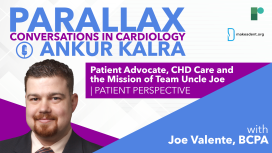

Chest pain is one of the most common reasons for an emergency room visit in the US, with almost 6 million ER visits annually, yet there is no consensus on how to compare the results from various hscTn assays. Tune in to hear Santiago outline the advantages and limitations of using hscTn as a standard biomarket to evaluate patients with suspected ACS in the ER.
Hosted by @AnkurKalraMD. Produced by @RadcliffeCardiology.

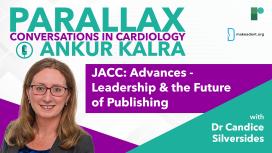
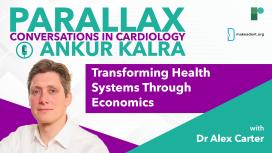
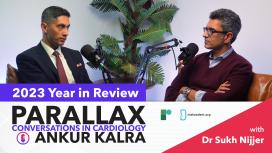
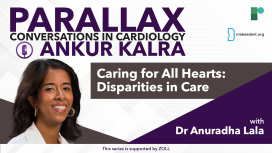
This series is supported by ZOLL and is intended for Health Care Professionals.
